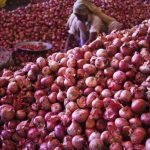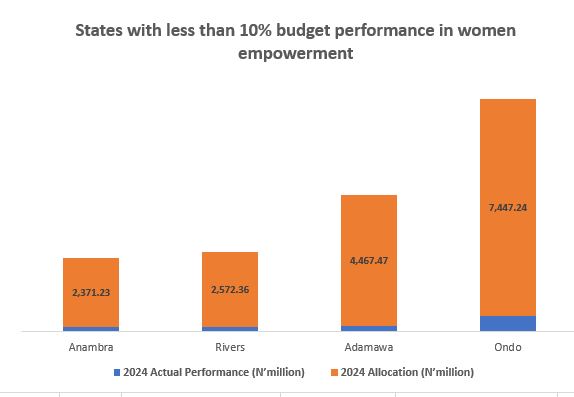Nigeria’s quest to replace dirty fuels with more use of Liquefied Petroleum Gas (LPG) is a success story having grown from a mere 70,000 metric tonnes within 10 years ago to nearly 900,000 metric tonnes by September, and on course to hit over 2 million metric tonnes next year, operators say.
The main drivers for this growth have been forward-looking regulatory policies including removal of 5 percent Value Added Tax on the product and 30 percent import duty waiver LPG equipment and appliances by the government. This has led to a 30 percent reduction in the cost of infrastructure development.
There have also been increased advocacy by stakeholders, including government agencies, and perceived value in the sector by investors leading to bigger push for adoption has seen many Nigerians substitute kerosene for LPG.
The Nigeria LPG Summit 2019 in Lagos provided stakeholders including government officials an opportunity to reflect on structural adjustments required to further deepen adoption of LPG so that the country can dent its Paris Climate Accord goals of cutting carbon emissions by 65 percent through replacing dirty fuels.
“The current developments in Nigeria’s LPG space are paving the way for private investment capital flow into the sector and we have already witnessed the commissioning of landmark projects across the value chain, signalling strong and balanced growth,” said Nuhu Yakubu, president, Nigeria Liquefied Petroleum Gas Association (NLPGA), in his address at the event.
Some of these investments include in cylinder manufacturing by Techoil, discharge of domestic gas by the NLNG into the Niger Delta regions and the construction of new terminals. Operators say at least terminals are in construction and new skids are being constructed across Nigeria to receive gas trucked from Lagos.
Yet, it is not all rosy for the sector. Operators say one of the biggest challenges they have is moving gas from Lagos where it is received to other parts of the country due to Nigeria’s patchwork of sketchy roads.
Billy Okoye, managing director, NNPC Retail Ltd, said that some challenges facing the sector also include maritime security issues and incidences of insufficient or low draft of marine vessels bringing in product. This has led to overreliance on Lagos ports consequently militating against deeper adoption of the product.
There is currently a scarcity in LPG delivery in major cities in Nigeria and this could be due to competition for occupancy at jetties during product discharge. The government prioritises the delivery of petrol over LPG and vessels bearing petrol have priority access.
Okoye also said that not only is there paucity of in-country transportation infrastructure including rail, road and pipelines, there is also a lack of storage facilities and uneven spread of existing facilities across the country.
He also said that a lack of clear-cut government policy/subsidies on autogas and high cost of autogas conversion equipment are a challenge to the wider adoption of LPG in Nigeria.
A panel session discussing these challenges highlighted how the government’s decision to keep subsidy on petrol has stymied the growth of LPG. Unlike petrol, the price of LPG is not regulated and this makes LPG costlier, removing incentives for growing the autogas sector.
Global LPG production expected to rise from 250 million MT in 2010 to more than 380 million MT by 2030 and key incremental production will be from the US, a result of further exploitation of shale crude. The Asian countries account for the largest buyers of LPG in the world, operators say.
Nigeria’s LPG market has great potential for growth and development as only 5 percent of Nigerian households use LPG for their cooking needs, according to data from the NNPC.
ISAAC ANYAOGU











